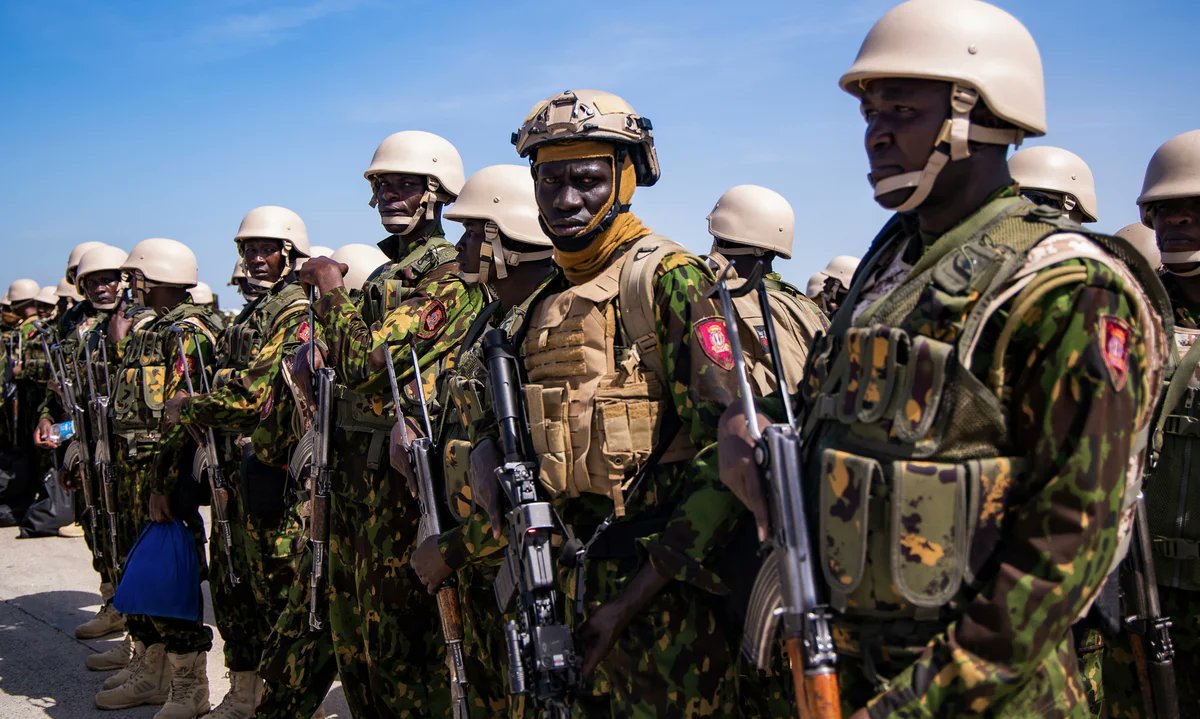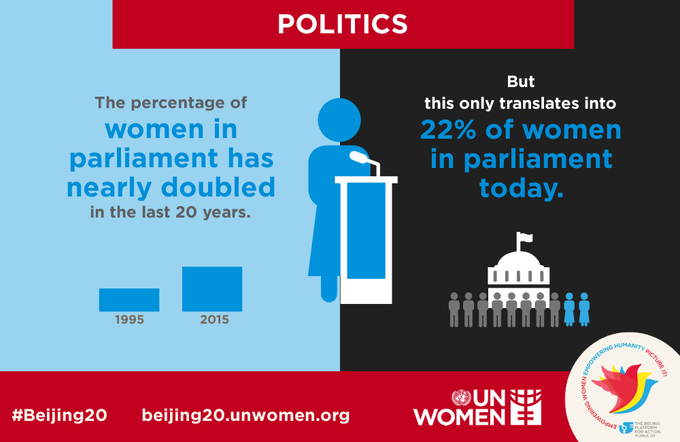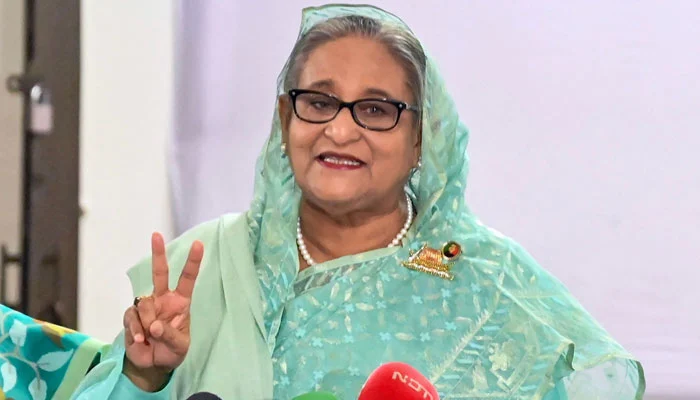By TWV Foreign Correspondent
Kenya has applauded the UN Security Council’s creation of a new multinational Gang Suppression Force (GSF) for Haiti, aimed at curbing escalating gang violence and addressing the deepening humanitarian crisis, replacing the Kenyan-led Multinational Security Support (MSS) mission.
Kenya has about 800 police officers in Haiti under the MSS, but efforts have been hampered by funding and equipment shortfalls, as well as unfulfilled troop pledges. Under the new arrangement, the GSF will be funded directly by the UN. The resolution mandates the Secretary-General to set up a UN Support Office in Haiti (UNSOH), which will provide logistical and operational support to the GSF, the Haitian National Police (HNP), and the Haitian armed forces. Support will include rations, medical care, transport, troop rotation, and strategic communications. UNSOH will also assist the Organisation of American States’ SECURE-Haiti project and ensure compliance with international human rights standards.
Foreign Affairs Principal Secretary Korir Sing’oei described the adoption of Resolution 2793 (2025) as “a welcome development in the pursuit of a more peaceful and secure Haiti.” He added: “It also reflects the impact of Kenya’s leadership in mobilising international attention, forging consensus, and catalysing collective action when others hesitated.”
The resolution, co-drafted by Panama and the United States, was adopted with 12 votes in favour and three abstentions-China, Pakistan, and Russia. The GSF will operate under an initial 12-month mandate in close coordination with Haitian authorities to conduct intelligence-led operations, neutralise gangs, protect critical infrastructure, and secure humanitarian corridors. It will also protect vulnerable groups, support the reintegration of former fighters, and strengthen Haitian institutions.
Panama’s Ambassador Eloy Alfaro de Alba, introducing the text, emphasised the urgency of international intervention: “Haiti is facing an unprecedented, multi-dimensional crisis that requires our decisive attention. This resolution sends a clear message to Haiti: You are not on your own.”
The United States welcomed the resolution, with Ambassador Mike Waltz noting that the MSS lacked “the scale, scope and resources” to take on Haiti’s gangs. He said: “With this transformation into the Gang Suppression Force, a mission five times the size of its predecessor, the international community is finally living up to its promise to help Haiti turn the tide.”
The 5,550-strong force is expected to bring greater operational capacity to restore baseline security in Port-au-Prince, where gangs control large areas and nearly 1.3 million people are internally displaced.
Haiti’s Ambassador Pierre Ericq Pierre described the decision as “a decisive turning point” in the country’s battle against gang violence.
“The MSS provided valuable support and a strong signal of international solidarity. But the reality on the ground has shown that the scale and sophistication of the threat far exceeded the mandate initially granted. The new mission gives the international community the means to respond to the gravity of the situation in Haiti,” he said.
The Security Council also stressed that Haiti’s government retains primary responsibility for national security and governance reforms, including tackling corruption, arms trafficking, and the recruitment of children by gangs. For Kenya, the transition marks both a relief from overstretched commitments and recognition of its leadership in championing multilateral responses to crises beyond Africa.
[/full]





